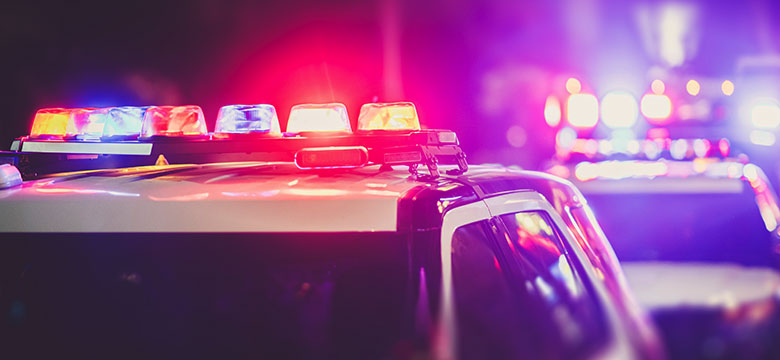Challenging a Breathalyzer Test in North Carolina
By
Randall Law, PLLC excels in criminal defense, serving clients in Charlotte, NC & other surrounding cities.
Learn More
Randall Law, PLLC
i
Category Blog, DUI/DWI
Monday, December 3, 2018

Every year, thousands of people in North Carolina are arrested for driving while impaired (DWI). If you’ve been charged with DWI, you’re likely worried about what happens next. If you took a BAC (blood alcohol concentration) test by submitting to a breath test, you might be wondering if you can challenge the breathalyzer tests. With several questions running through your mind, it’s important to retain the help of an attorney who will fight for you to try to avoid the serious consequences of a DWI conviction.
If you’re facing DWI charges, you need someone on your side who will fight for your future. At Randall Law, Criminal Defense Attorneys, our experienced and dedicated Charlotte drunk driving defense attorneys will review the details of your case and inform you of your best options moving forward. To schedule a free consultation of your case, contact us today at (980) 237-4579.
Understanding Breathalyzer Tests
When you are suspected of driving while under the influence, you may be asked to take a breathalyzer test. By law, an officer may ask you to submit to a breath test within a relevant time after driving if 1) they have reasonable grounds to believe you have consumed alcohol and you have either been in an accident or committed a moving violation, or 2) the officer, after having legally stopped you, has reasonable and articulable suspicion that you have committed an implied consent offense (i.e. DWI). Keep in mind that just because an officer requests that you submit to a breath test, does not mean you have to comply. The results of this test are likely the strongest evidence that the prosecution has against you. Law enforcement and prosecutors rely heavily on breathalyzer results, because they supposedly provide an objective measurement of your BAC. However, breathalyzer test results are not as open-and-shut or as reliable as law enforcement wants you to believe. In fact, challenging a breathalyzer is possible.
How Was the Breathalyzer Administered?
When fighting DWI charges, one of our Charlotte DWI lawyers will need to know the specific details surrounding how the breathalyzer test was administered. For example, we will likely focus on the following issues:
- Whether the officer used a device approved by the Department of Health and Human Services
- Whether the testing device was correctly calibrated and functioning properly
- Whether the officer administering the test had been properly trained on testing procedures, use of the device, and was certified to use the device
- Whether the officer administered the test in compliance with the guidelines issued by the Department of Health and Human Services
- Whether the officer first advised you, both verbally and in writing, that you are being charged with an implied consent offense, you have the right to refuse the test, that you have the right to have your own independent test performed once you are released, and that you have the right to consult an attorney and select a third party witness to observe the test administered by law enforcement. Keep in mind that while you may exercise your right to consult an attorney or contact a witness, the test cannot be delayed longer than 30 minutes after being advised of your rights.
If we can identify issues with how the breathalyzer tests were administered, the test results may be deemed inadmissible in court.
Identifying Errors in the Test Results
In addition to how the test was administered, Randall Law, Criminal Defense Attorneys will also focus on potential errors in the test results themselves. For example, certain diets and medical conditions can cause a false BAC result, including:
- Low carb/high protein diets
- Diabetes
- Hyperglycemia
- Digestive conditions such as chronic heartburn and acid reflux
The presence of alcohol and other substances can also cause a false positive in breathalyzer results. If you had only one drink shortly before being tested, the residual alcohol could cause your BAC to read higher than it actually was. Similarly, using mouthwash prior to the test could also lead to false results. Other potential sources of error are smoking cigarettes, burping, vomiting, eating or drinking shortly before the test is administered.
Contact a Charlotte DWI Attorney for Help Today
Successfully challenging a breathalyzer result requires knowledge of the law, an understanding of the science behind the test, and the experience to be able to spot potential factual issues. As a result, the best thing you can do to protect yourself is to talk to an experienced Charlotte DWI attorney as soon as possible.
If you’re facing drunk driving charges, contact the attorneys at Randall Law, Criminal Defense Attorneys right away. We represent clients in Charlotte, and provide high-quality, aggressive representation as we fight for fair results for our clients. The sooner you contact us, the sooner we can help. Call us at (980) 237-4579, or reach out via the online contact form to schedule a free and confidential case consultation today.
